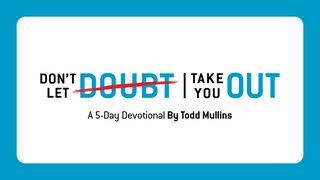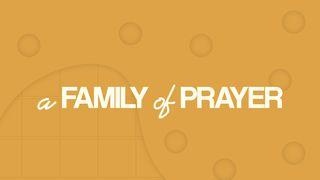How to PraySample

The Prayer Of Confession
Many Christians have found the acrostic ACTS helpful for structuring their personal prayers. Thus far, we have considered the A of the acrostic—adoration. Throughout the Scriptures, we find that God-honoring prayers include adoration of the Lord God (Pss. 34:3; 104; Rom. 11:33). Today we will move on to the C of the acrostic—confession. Another vital aspect of God-honoring prayer is our confession of our sins.
We have already seen that remembering who we are when we pray requires us to confess our sins and ask the Lord for forgiveness. But we need to say more about what true confession and repentance look like. Historically, Christian thinkers have made a distinction between attrition and contrition. In both attrition and contrition, sorrow for sin is expressed, but the nature of the sorrow expressed differs. Essentially, attrition is sorrow for the consequences of sin. Those who display attrition are sorry that they got caught, are sorry that they will be punished, and might even be sorry for the harm that they caused. But there is no sorrow for offending the most holy God. Judas is the classic example of one who had attrition but not contrition. He was sorry because he knew that betraying the innocent Christ put him under a divine curse, but he felt no sorrow for sinning against the holiness of Christ and of the Father (Matt. 27:3–10). In Judas’ case, attrition drove him to suicide. Instead of confessing his sin to God and pleading for God’s mercy and discipline, he decided to put the consequences of his sin in his own hands, and he hanged himself.
Contrition, on the other hand, is sorrow not merely for the consequences of sin but for acting against the holiness of God. Contrite individuals recognize that the fundamental problem is their violation of God’s law, and they tremble at the thought of holiness. But because contrition can only be brought about by the work of the Holy Spirit, contrite people know God and recognize that He is also sovereign and merciful. They do not try to put the consequences of sin in their own hands, but they cast themselves on God’s mercy, not demanding divine pardon but humbly asking for grace. They willingly submit to any of the just consequences of their wickedness. Today’s passage describes the godly grief that is true confession and repentance (2 Cor. 7:9–10), but we also find it modeled in Psalm 51. In both cases, the sinners are sorry chiefly for sinning against God.
CORAM DEO Living before the face of God
The dividing line between contrition and attrition can be hard to discern. It is therefore vital that we know the holiness of God, because the better we know His holiness, the more we will be cognizant that the greatest offense in our sin is against the Lord Himself. When we confess our sin, let us be concerned first with how we have broken God’s holy law and have acted against His majestic character.
Scripture
About this Plan

In order to understand prayer, we must first understand who God is and who we are. Scripture provides a clear case for our need as fallen creatures to rely on the holy Creator who holds our lives in His sovereign care. This 8-day study provides a holistic overview of prayer, helping Christians understand the reverence and humility that approaching the Lord’s throne demands.
More
Related plans

The Year of God's Divine Agenda

Sound of Heaven: A 6-Day Devotional by Danny Gokey

There Is No Law Against These Things

Mandates for Men: Serve Others

Always Near: 14 Days of Discovering God’s Presence Every Day

Don't Let Doubt Take You Out

A Family of Prayer

In Her Image: Character Study of the Proverbs 31 Woman

Every Place
